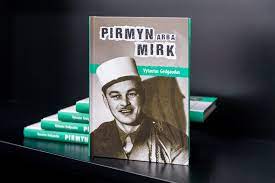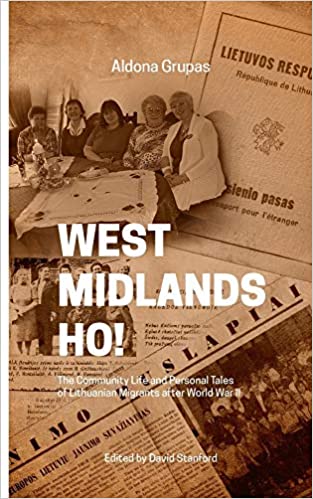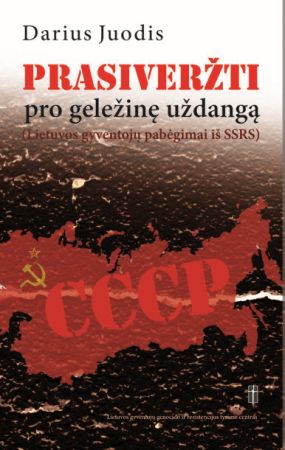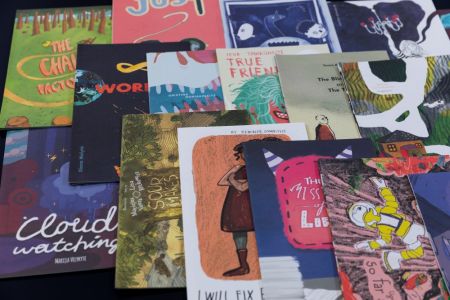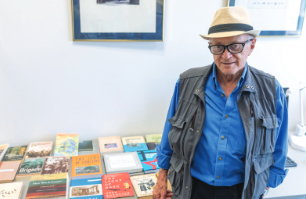
Several dozen books on Lithuanian and Judaica subjects were added to the National Library of Lithuania collections. All of them were donated by Donatas Januta, a Lithuanian-American lawyer, who visited the Library at the end of this summer.
This is not the first gift from Januta to Lithuanian readers. Almost thirty years ago, he donated to the Lithuanian libraries, including secondary schools, fifty sets of the Encyclopedia published in the USA and more than one hundred sets of the six-volume Encyclopedia Lituanica. Januta also supported the publication of the book “Draustosios spaudos pėdsakais” (Following the Traces of the Banned Press; 2011) by Silvija Vėlavičienė, the long-time head of the Lituanica Department of the National Library of Lithuania.
Although Januta’s gift is more modest this time, it is no less significant. Over half of the books donated to the Library this time are on Judaica, a topic of interest to the Lithuanian American himself. According to Dr. Larisa Lempertienė, the head of the National Library’s Center for Judaica Studies, all books are very much needed by the Center’s Reading Room and will find a place on its bookshelves.
Januta is well known in the field of movable cultural heritage as well. In 2018, he presented the Palace of the Grand Dukes of Lithuania with a special gift—a portrait of Prince John Casimir Vasa (1609-1672), the future King of Poland and Grand Duke of Lithuania, painted by the Dutch Baroque painter Pieter Danckerts and bought at Sotheby’s, followed a year later by a table clock made in Vilnius by the famous watchmaker Johannes (Hans) Klassen in 1638.
